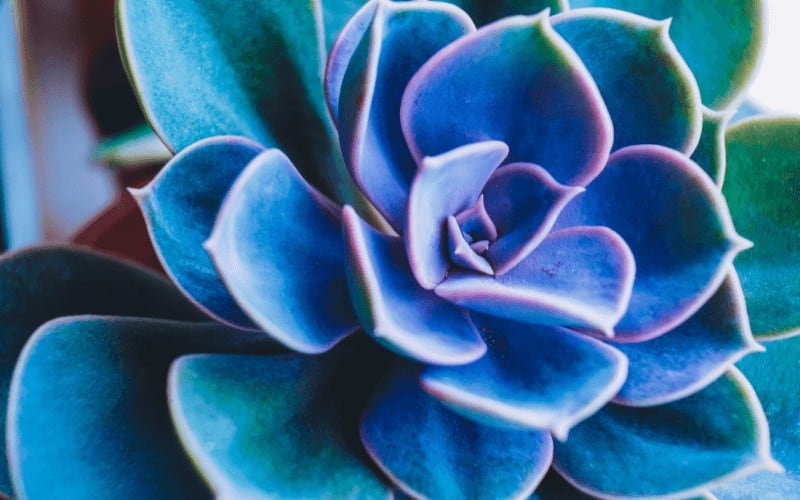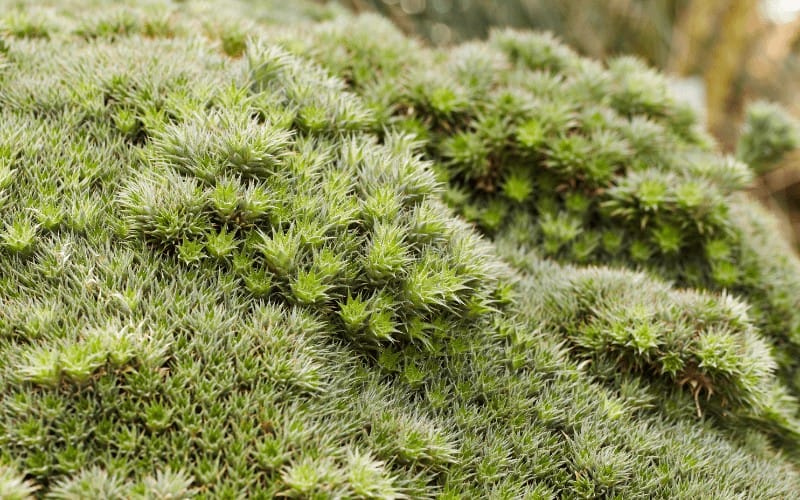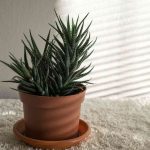When caring for plants, it is imperative to know that different plants thrive in different weather conditions. But do succulents like humidity? No, succulents does not like humidity as too much moisture could trigger fungal problems in the plant, leading to root rot and eventual death.
Succulents are plants with fleshy, thick leaves that store water in their leaves. From this definition, you can deduce that this group of plants generally thrive in dry climates as their leaves save up enough water for a long drought.
Table of Contents
Do Succulents Like Humidity?

As previously mentioned, succulents don't thrive in humid weather. Humidity is simply the presence of water vapor in the air which often manifests in fog or dew. So, you may ask, how does humidity affect succulents?
The presence of high humidity hampers a succulent’s ability to evaporate water which leads to rot. The stomata are responsible for regulating the temperature and reducing the loss of water in succulent plants.
When the temperature is too humid, the stomata become overworked, leading to the plant's eventual death.
During periods of high humidity, succulents will find it hard to draw nutrients from the soil. This will result in fungi growing in your succulents’ soil and infecting the entire plant.
High humidity can also cause mold, which translates to more problems for you and your succulents.
How To Care for Your Succulents in Humid Weather

It may look like it is impossible to care for your succulent in humid weather since these groups of plants are naturally known to survive in desert areas.
But with the few tips discussed here, your succulent plants can absolutely thrive in humid weather.
1. Stop Watering Your Succulent
Humidity simply means that there is a high presence of water vapor in the air. So, naturally, the first thing to learn when growing succulents is that these plants do not like excessive moisture.
This lesson becomes increasingly important in periods of high humidity.
In periods when humidity is high, you should water your succulents just once a week. Avoid watering when the soil is still moist.
Most gardeners use the trick of watering their succulents with lukewarm water to mimics the warm desert rain.
2. Give Your Succulent Sunlight Each Day
Knowing that succulents are desert plants and thus love sunlight, you need to give the plants at least six hours of sunlight.
You can start by taking your succulent out every morning and leave it in the sunlight for some time.
3. Use a Grow Light
If your succulent plant is too big and heavy to carry, taking it outside every day for sunlight might be a bit tasking. If such is the case, then it is time to invest in a grow light.
Also, in periods of high humidity, it is almost impossible to get sunlight which reemphasizes the need for a grow light.
Therefore, grow lights are needed to meet your plant's light requirements while at the same time aid in the reduction of humidity.
4. Leave Your Plant in the Window Sill
If you can't afford a grow light, this tip can also be utilized. By placing your succulent on a window sill, you can help to lower humidity. Make sure to place the plant on a window sill with the highest light exposure.
5. Invest in The Right Type of Soil
Succulents are not big fans of moisture; this means they require a well-draining soil mix consisting mostly of porous materials. You want to go for pots that have drainage holes in them.
Avoid placing your succulents in glass bowls that do not have drainage holes that allow excess moisture to run off.
You can add pumice to your soil mixture to substantially lower the moisture trapped in the soil.
Succulents That Can Survive High Humid Levels
Generally, succulents are not akin to humidity. However, some succulent plants are more tolerant and can survive high humid levels. They include:
- Agave
- Crassula Ovata
- Aloe
- Portulacaria Afra or Elephant Bush
- Euphorbia Milii
- Kalanchoe Daigremontiana
- Haworthia Attenuata
- Aeonium
- Cotyledon Orbiculata
- Aloe Zebrina
Conclusion
As this post has pointed out, the answer to the question, do succulents like humidity? is definitely an emphatic No.
But you should know that not all succulents are the same. While some varieties can withstand high humidity, others are more sensitive to humidity.
It may seem like growing succulents successfully in humid seasons is impossible, but that isn't always the case.
Once you take adequate care of your plant and familiarize yourself with its strengths and weaknesses, you'll be able to respond to its needs effectively.




